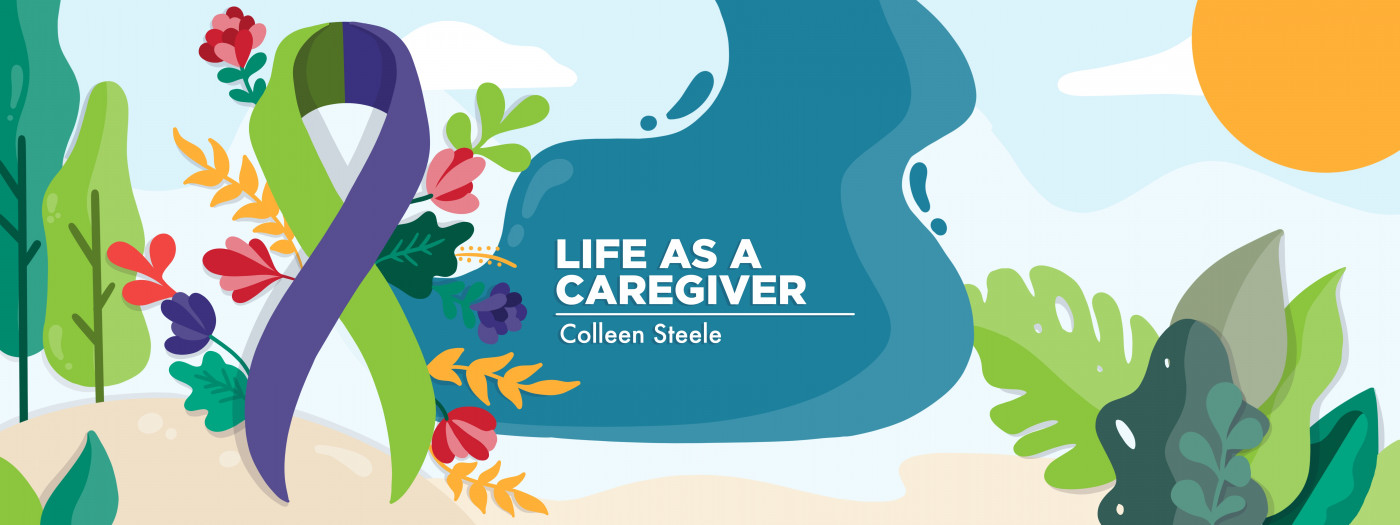I Don’t Know What You’re Going Through, but I Do Care
Written by |

“I know what you’re going through.”
For someone who is physically or emotionally hurting, these words often fall short in providing comfort. Although our experiences might be similar, how we get through them may be very different due to many factors, such as personality, values, religion, family, friends, age, economic status, previous trauma — the list goes on.
I have remained by my son Cullen’s side and cared for him through six years of pulmonary hypertension (PH) and then seven years following a heart and double-lung transplant. But even though I have seen Cullen through a lot and have faith in my maternal instincts, I’m careful to respect that there is no way for me to fully comprehend what he is going through. What I feel isn’t his pain and emotions, but my own reaction to what I’m witnessing.
For example, on the last day of Cullen’s eighth grade school year, his school scheduled fun outdoor activities, including a traditional tug of war between the seventh and eighth grade students. Cullen was on continuous supplemental oxygen, had a central line and pump for the medication Flolan (epoprostenol GM), a PICC line and pump administering milrinone, was in worsening right heart failure, and was listed for transplant. There was no way he could participate, but he was looking forward to cheering his classmates on and enjoying some of the less strenuous activities.
Unfortunately, the hot sun and excitement quickly overwhelmed him. We sat in the school office crying together as he struggled to breathe and feel strong enough just to get up and go home. I remember trying to comfort him by saying, “I know, I know, and I’m so sorry!”
When I reflect on that day now, I realize that I actually didn’t know. I was heartbroken over the intense disappointment I assumed he was feeling. But the tears he shed were more out of fear. His heart was literally broken, and he was scared he was running out of time while waiting for a healthy one. Losing the day was a frightening reminder to him that he might lose his life.
Growing up with PH made Cullen much more mature than the average eighth grader, and times like that made it even more challenging to grasp what he was going through. Then again, it wasn’t easy when he was a little second grader, either. That was the year he was diagnosed with PH.
The school tradition at that age was a field trip to tour a local bakery. Cullen was really looking forward to it. But I was a brand-new PH mom, and when his doctor requested important bloodwork the same day as the field trip, I didn’t consider asking for a different day.
The class brought him a treat bag from the bakery, but when our dog spotted it sticking out of his unattended backpack, she helped herself to it. Now 22 years old, Cullen still comically glares at me whenever we pass a bakery truck.
I’ve been unwell for the past few weeks and missed out on a few small gatherings. It’s made me think a lot about that second grade field trip. PH put Cullen through a lot, including many attempts to steal his childhood.
Those grade school memories remind me that helping someone get through something and knowing what they are going through are not the same. One is possible and the other is not, and when I began to understand that, I think I became a better caregiver.
***
Note: Pulmonary Hypertension News is strictly a news and information website about the disease. It does not provide medical advice, diagnosis, or treatment. This content is not intended to be a substitute for professional medical advice, diagnosis, or treatment. Always seek the advice of your physician or other qualified health provider with any questions you may have regarding a medical condition. Never disregard professional medical advice or delay in seeking it because of something you have read on this website. The opinions expressed in this column are not those of Pulmonary Hypertension News or its parent company, Bionews, and are intended to spark discussion about issues pertaining to pulmonary hypertension.





Leave a comment
Fill in the required fields to post. Your email address will not be published.